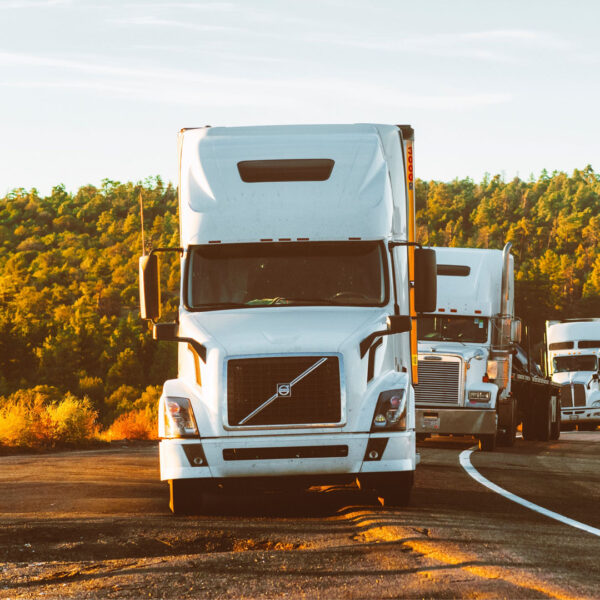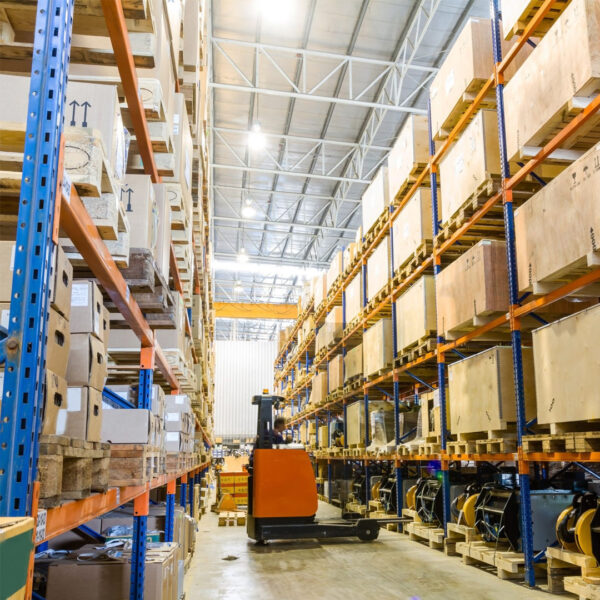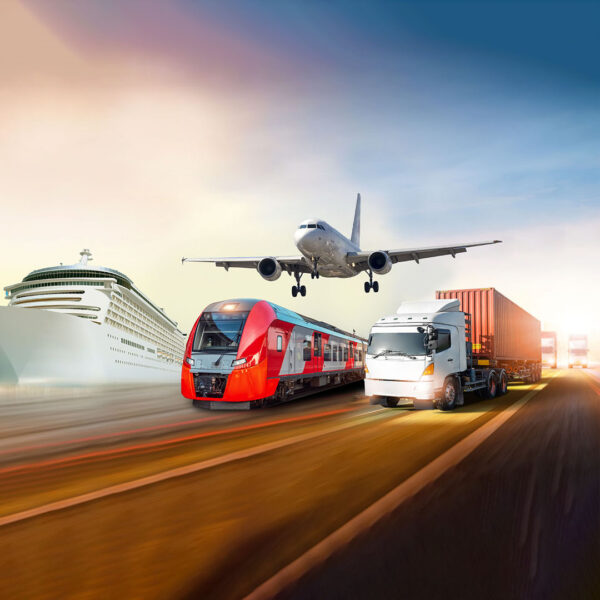Pioneering the Future of Logistics: The Transport Campaign
The world of logistics and transportation is at the dawn of a new era, marked by a visionary campaign that seeks to pioneer the future of transport. Driven by innovation, sustainability, and an unwavering commitment to efficiency, this campaign is reshaping the way goods and people move. we embark on a journey through the transformative landscape of the transport campaign, exploring the technological advancements, sustainable practices, and collaborative approaches that are leading us into the future.
Innovations in Digital Logistics
At the heart of the transport campaign is the rapid digitization of logistics. Technology has become a powerful driver of efficiency and transparency in the movement of goods and people:
Real-Time Tracking: Advanced tracking systems, powered by the Internet of Things (IoT) and GPS technology, provide real-time information about the location and condition of shipments and vehicles. This data empowers logistics managers to make informed decisions and enhance customer experiences.
Data Analytics: Big data and analytics tools process vast amounts of information, offering valuable insights into logistics operations. These data-driven insights enable better demand forecasting, route optimization, and inventory management.
Predictive Maintenance: IoT sensors monitor the health of vehicles and equipment, allowing for predictive maintenance. By addressing potential issues before they become critical, logistics companies reduce downtime and extend the life of their assets.
Sustainability as a Core Pillar
The transport campaign champions sustainability, recognizing the imperative to reduce environmental impact and create a more eco-friendly transportation ecosystem:
Electric and Alternative Fuel Vehicles: The campaign promotes the use of electric vehicles (EVs) and alternative fuels, such as hydrogen and biofuels, as an eco-conscious alternative to traditional fossil-fueled transport. These vehicles significantly reduce carbon emissions.
Efficient Routing: Technology-driven route optimization minimizes travel time and fuel consumption. Smart routing systems consider factors like traffic, weather, and fuel efficiency to reduce environmental impact.
Eco-Friendly Packaging: Sustainable packaging materials and designs are gaining prominence. Reduced waste and lower shipping costs are among the benefits of adopting eco-friendly packaging practices.
Automation for Enhanced Efficiency
Automation is a vital component of the transport campaign, contributing to the optimization of processes across the logistics chain:
Robotic Warehouses: Automated warehouses equipped with robots are streamlining the storage, retrieval, and packaging of goods. They improve efficiency, reduce labor costs, and minimize errors in logistics operations.
Drones and Autonomous Vehicles: Drones and autonomous vehicles are entering the logistics scene for last-mile delivery and intermodal transport. These technologies offer swift, accurate, and cost-effective transportation solutions.
Blockchain Technology: Blockchain technology is enhancing supply chain management by providing transparency and traceability. This innovation reduces the risk of fraud, enhances trust, and minimizes errors in logistics operations.
Collaborative Logistics Networks
The transport campaign promotes the establishment of collaborative logistics networks, connecting manufacturers, shippers, carriers, and retailers to foster a more cohesive approach to transportation:
Resource Sharing: Collaborative networks enable the sharing of transportation assets, such as trailers and containers. This optimizes asset utilization and reduces costs for all participants.
Cross-Docking Facilities: These facilities reduce storage time by enabling rapid transfers of goods from one mode of transportation to another. This minimizes handling and streamlines operations.
Collaborative Planning: Shared logistics networks encourage collaborative planning and problem-solving. This results in more efficient operations, reduced costs, and enhanced supply chain reliability.
Challenges and Considerations
As we pioneer the future of logistics, we must navigate several challenges and considerations:
Data Security: The increased reliance on digital technologies brings concerns about data security. Protecting sensitive data and ensuring secure operations are paramount.
Regulatory Landscape: The logistics industry must adapt to a dynamic regulatory environment. This includes addressing safety regulations for autonomous vehicles and establishing environmental standards for sustainable practices.
Infrastructure Investment: Developing smart infrastructure, intermodal hubs, and efficient transportation networks requires substantial investments and careful planning.
Workforce Transition: The automation and digitalization of logistics may lead to workforce changes. Training and reskilling of workers are essential to ensure a smooth transition to the logistics of the future.
Conclusion: Forging a New Frontier
The transport campaign is forging a new frontier in logistics and transportation, guided by innovation, sustainability, and collaboration. With technology revolutionizing operations, sustainable practices reducing environmental impact, automation optimizing efficiency, and collaborative networks creating interconnected logistics systems, we are embarking on a journey that promises to revolutionize the way we move goods and people.
In this new era of logistics, our focus extends beyond mere efficiency to sustainability, transparency, and accessibility. The transport campaign pioneers a future where the movement of goods and people is not just a logistical endeavor but a visionary quest to create a more interconnected, efficient, and environmentally responsible world for generations to come.








